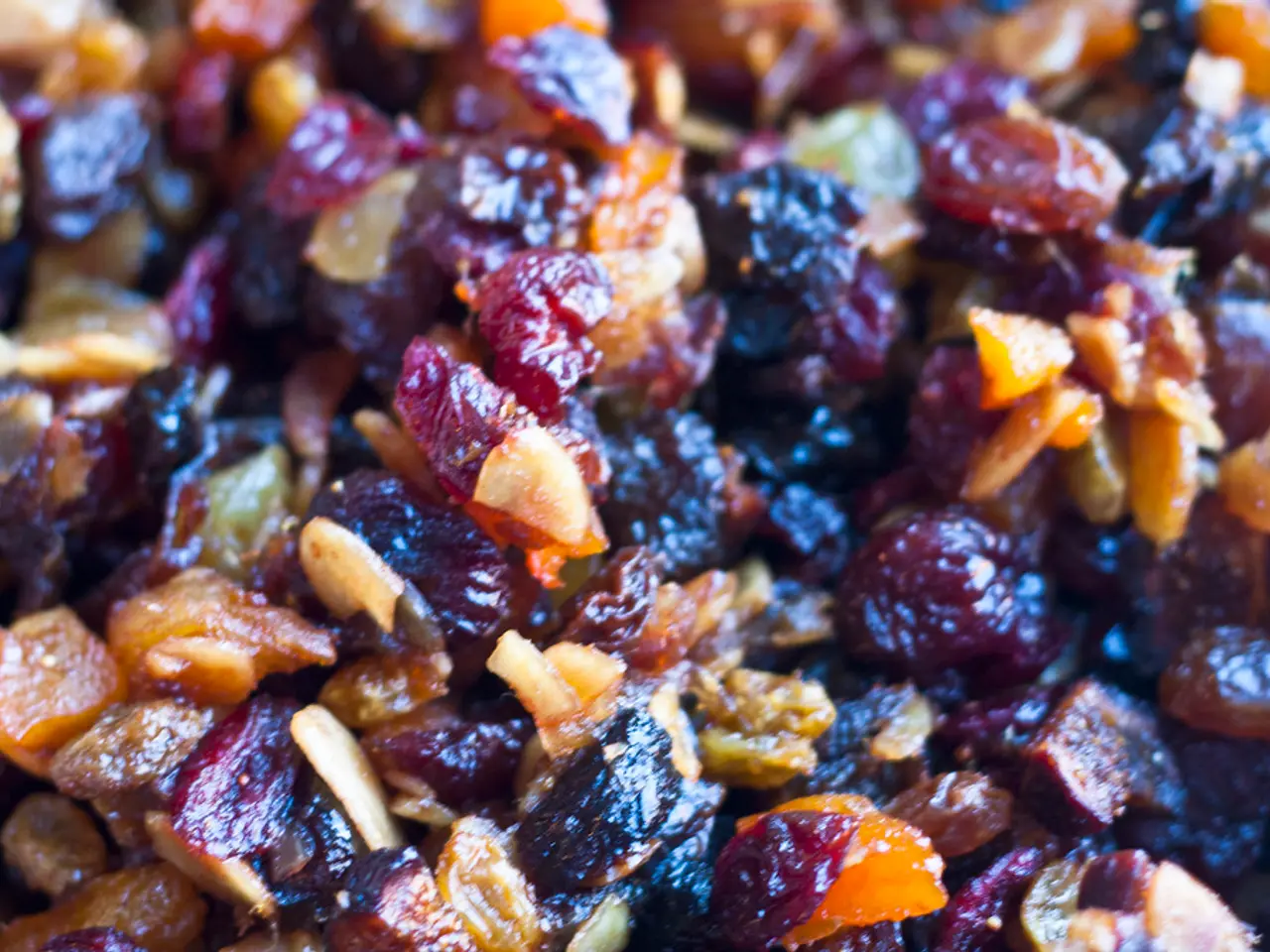Childhood Asthma heavily associated with Consumption of Dietary Fats
A groundbreaking study has revealed a potential connection between certain dietary fats and severe, treatment-resistant asthma in children. The research, published in Science Translational Medicine, focuses on a type of asthma called neutrophilic asthma, which is not caused by allergies and can be more serious and harder to treat.
Until now, the cause of this type of asthma has remained unclear. However, researchers have noticed a correlation with obesity. The study found that the absorption of the saturated fatty acid stearic acid, abundant in animal fats, fast food, and highly processed foods, can accumulate in lung immune cells of children, leading to a persistent inflammatory state that may trigger severe asthma attacks, especially in children with obesity and asthma.
The study focused on a group of immune cells in the lungs called macrophages, which can change their behavior under stress. When animals ate a diet high in dietary fats, their lung macrophages absorbed stearic acid, causing more swelling and irritation in the lungs, suggesting that the fat itself could be a trigger for this type of asthma.
Conversely, another fatty acid, oleic acid, found in olive oil, was found to calm down the inflammation. The team tested ways to block the chain reaction inside the lungs and found that blocking IL-1β or IRE1α reduced swelling caused by stearic acid. These findings give doctors new ideas for treatment and suggest that food choices could play a part in preventing or easing this type of asthma.
Existing drugs might be used in new ways for this type of asthma, as medicines that act on IL-1β or IRE1α could be helpful for this type of asthma. Parents and doctors may need to consider diet as part of asthma care, especially when symptoms are tough to control with regular medicine.
The research was supported by grants from the National Institutes of Health and other organizations. The team hopes the findings will lead to better care plans for children with this challenging form of asthma. The study raises the possibility that dietary changes could potentially help manage or prevent certain types of asthma in children.
It's important to note that more research is needed, but the message is clear: not all fats are equal, and some could make breathing problems worse for children at risk. As a result, parents and doctors may want to consider the types of fats in a child's diet when trying to manage asthma symptoms.
Read also:
- Recognition of Exceptional Patient Care: Top Staff Honored by Medical Center Board
- A continuous command instructing an entity to halts all actions, repeated numerous times.
- Oxidative Stress in Sperm Abnormalities: Impact of Reactive Oxygen Species (ROS) on Sperm Harm
- Is it possible to receive the hepatitis B vaccine more than once?








